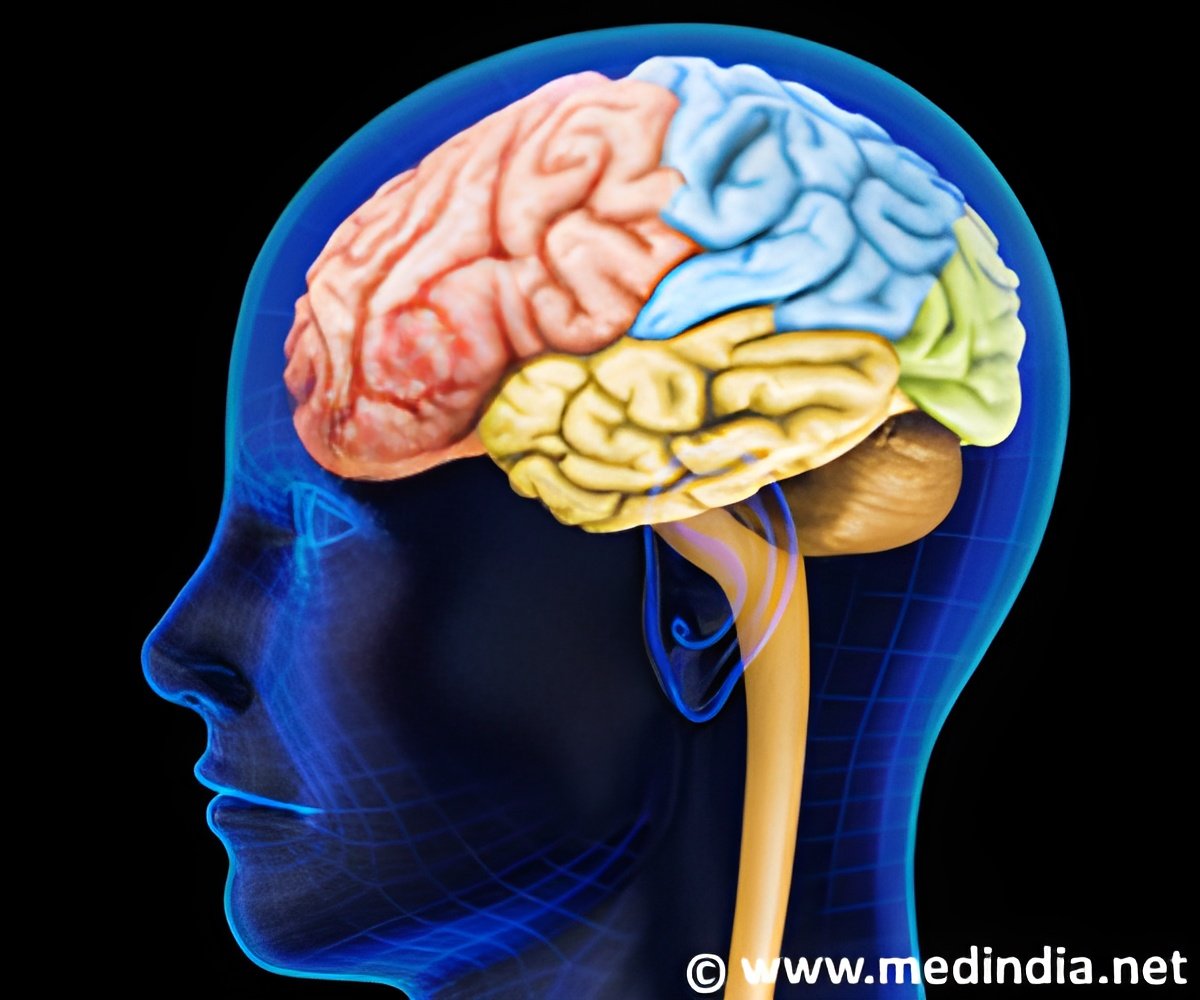
Corresponding author Tara White said that these are people just sharing with you how they tend to experience the world and what's important to them and the fact that that's validated in the brain is really exciting. There's a deep reality there.
White, who studies the neural basis of personality and how such personality differences change the way people respond to drugs and alcohol, added that this is the first glimpse of a benchmark of what the healthy adult brain looks like with these traits.
Researchers found that higher degrees of either kind of extroversion significantly correlated with higher gray matter volumes in the right and left medial orbitofrontal cortex, even after controlling for possible confounding factors such as age.
However, among the people with higher agentic extroversion scores, they also found several other regions that had significantly larger gray matter volumes, the parahippocampal gyrus (involved in learning and memory for reward); the precentral gyrus, cingulate gyrus, and caudate (involved in the cognitive control of behavior and the initiation, planning, and execution of voluntary movement toward goals); and, among the men in the study, the nucleus accumbens (involved in incentive reward).
Lead author Erica Grodin and White said that the findings provide a developmental benchmark from which to better understand the etiology of problems in agentic extroversion and affiliative extroversion, such as can occur in normal aging and neurodegenerative disease.
Advertisement
Source-Medindia









